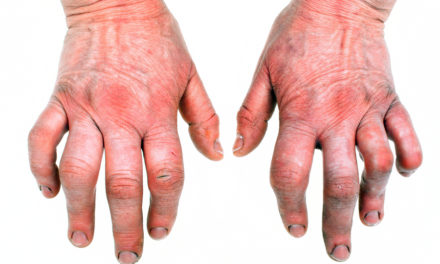According to research published in the Archives of Internal Medicine (October 28, 2002;162:2204-2208), frequent use of pain-relief medications may result in an increased-risk of high blood pressure in women. These drugs are known as NSAIDs (non-steroidal anti-inflammatory drugs). Use of acetaminophen (eg Tylenol) was also monitored in this study. Acetaminophen is not an NSAID, it addresses pain, but not inflammation.
NSAIDs work by blocking hormone-like substances known as prostaglandins, some of which cause inflammation. Prostaglandins also dilate blood vessels. If they are chemically blocked by NSAIDs, blood vessels may narrow. This can lead to hypertension.
The health of 80,000 women, all of whom did not suffer from hypertension was monitored. Frequency of the use of pain medication (including aspirin, NSAIDs and acetaminophen) was noted and compared with the number of diagnosed cases of hypertension after two years. Use of NSAIDs 22 days or more each month increased the risk of high blood pressure by about 86%. Women using acetaminophen 22 days or more each month were almost twice as likely to have high blood pressure than those who did not. Aspirin users did not experience the increased risk of high blood pressure. Researchers concluded that over use of pain medications could be responsible for a large portion of the hypertension cases in the United States.






